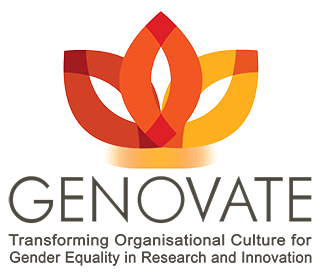 The GENOVATE Community is a platform which enables GENOVATE partners to share institutional information and case studies, and facilitates the coordination of a buddy system for bench learning.
The GENOVATE Community is a platform which enables GENOVATE partners to share institutional information and case studies, and facilitates the coordination of a buddy system for bench learning.
The GENOVATE Community consist of seven GENOVATE partner institutions; the GENOVATE International Advisory Board; key strategic collaborators and stakeholders and the general public. It is a mechanism designed to facilitate meaningful knowledge exchange across the community at local, national and international levels within each of the partner institutions’ countries, across Europe and globally.

Gender Summit GS7 in Berlin 6-7 November 2015
Mastering gender in research performance, contexts, and outcomes
Abstract Submission Deadline is 1 July 2015 CET http://gender-summit.com/gs7-call-for-abtracts-information
The Gender Summit 7 - Europe 2015 invites the contributions of researchers, innovation leaders and other R&I stakeholders on strategies, methodologies and best practice on putting gender equality into action. Abstracts will be selected for inclusion as posters or for presentation in the following sessions:
Parallel 3 : Gender as cross cutting issue in research and innovation
The aim of this session is to demonstrate the importance of considering the gender dimension as primary research variable, and innovation driver in the non-health and non-societal themes of Horizon 2020, i.e. in relation to transport, ICTs, energy, environment, food security, etc.
Parallel 4: Sources and effects of gender bias in career development
This session presents new research and analysis in the area of gender bias with the focus on its impact on science careers of women, men, and/or particular minority groups. This may include investigation of how gender bias manifests itself, impacts on decision-making, influences criteria for advancement, and how it can be challenged and eliminated, etc.
Parallel 5: Scientific inclusion and diversity in science structures and practices
This session presents new research exploring the benefits of scientific inclusion and diversity, e.g. in science workforce, in scientific cultures, in research priorities, and in the application and communication of science knowledge, as drivers of research and innovation ideas.

Yesterday two more H2020 proposals were submitted to the European Commission. One is about the public sector’s requirements to preserve and open increasing amounts of heterogeneous digital information that should be utilized by citizens and businesses. The project will collaborate with Genovate in order to integrate a gender dimension in relevant parts of the project.
The other one deals with improved communication between citizens and public administration with new personalized services using visualization and user motivation. Power structures and group compositions according to age, gender, ethnicity, class and educational level will be considered when including the different stakeholders in the participatory design process.
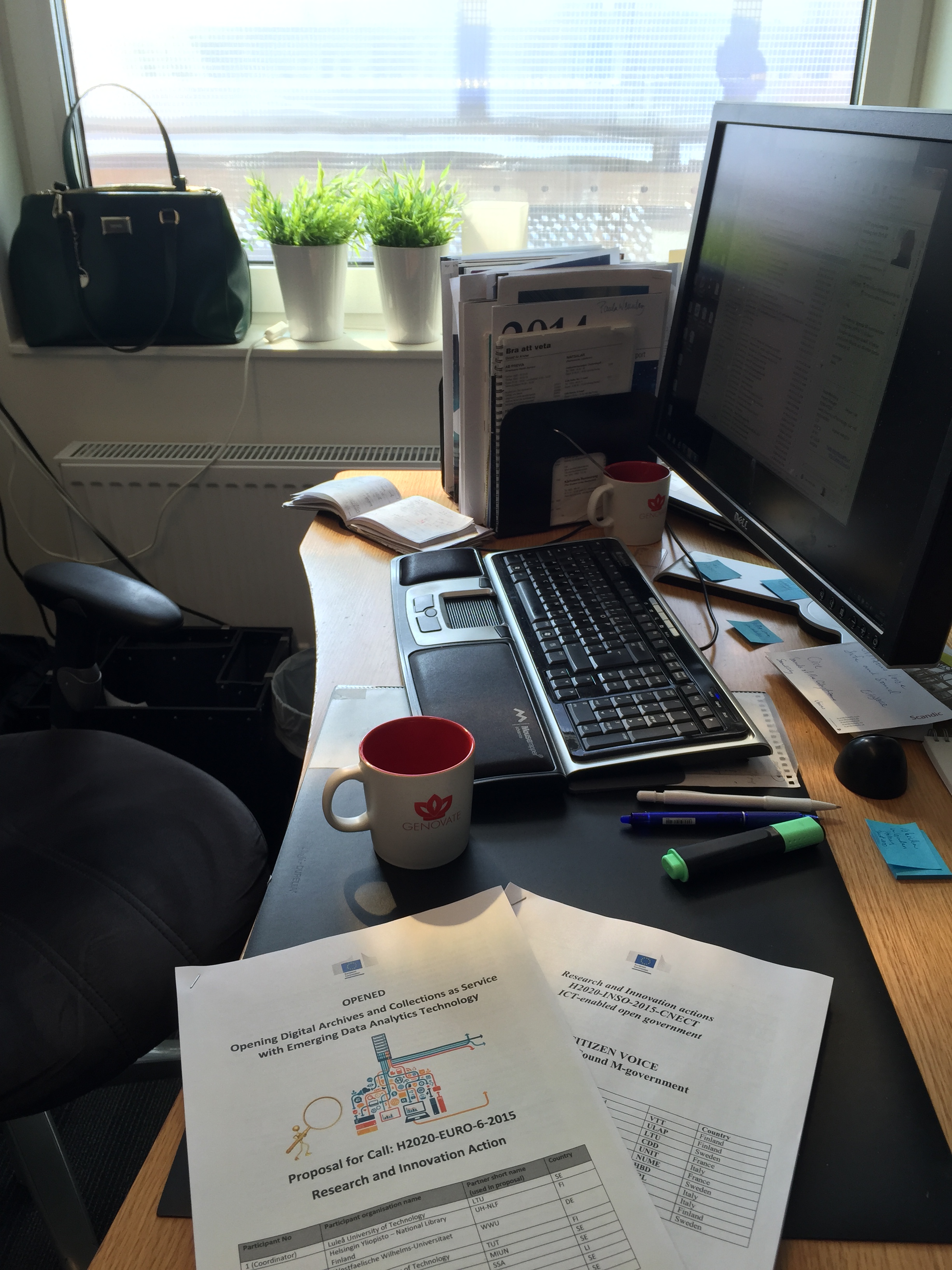

The VIT project is a collaboration between Luleå University of Technology and industry implementing a Ghost Drive Detection system. The system detects drivers going in a wrong direction. The project’s ambition is to include a gender dimension in end-user involvement when developing this warning system. Today's workshop make plans for future projects based on the outcomes.
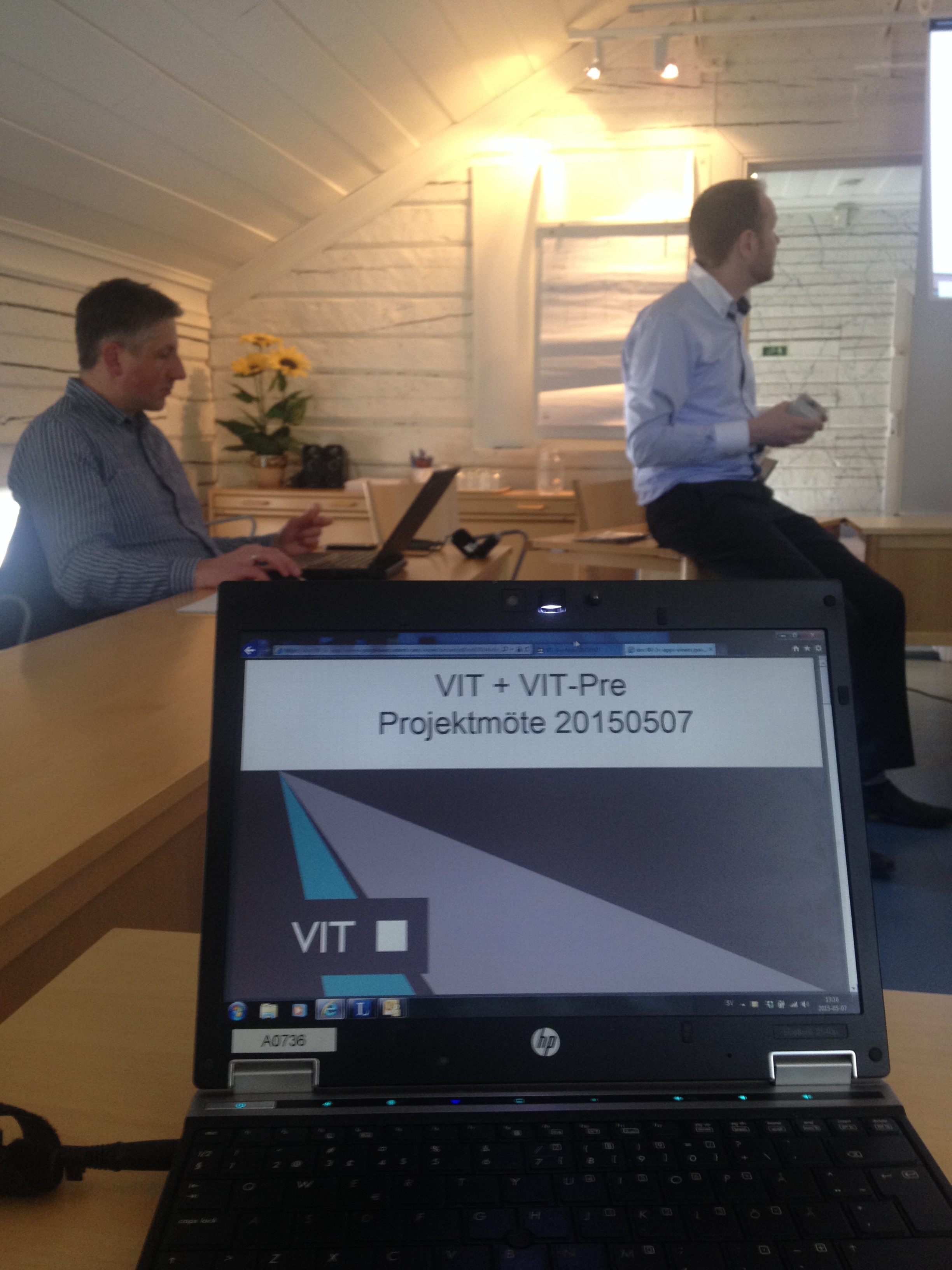

Innovation - in terms of new realised ideas - has in policy and research often been reduced to new commersialised technological products. The recently raised interest in combatting societal challenges by innovative means has widened the view on innovation, though, acknowledging the importance of a multitude of forms, actors, sectors, industries and disciplines.
Malin Lindberg, associate professor at Luleå University of Technology, presents in today's Stop&Share session the most recent research on inclusive innovation, where gender and joint knowledge development by the academy, industry and society are crucial components.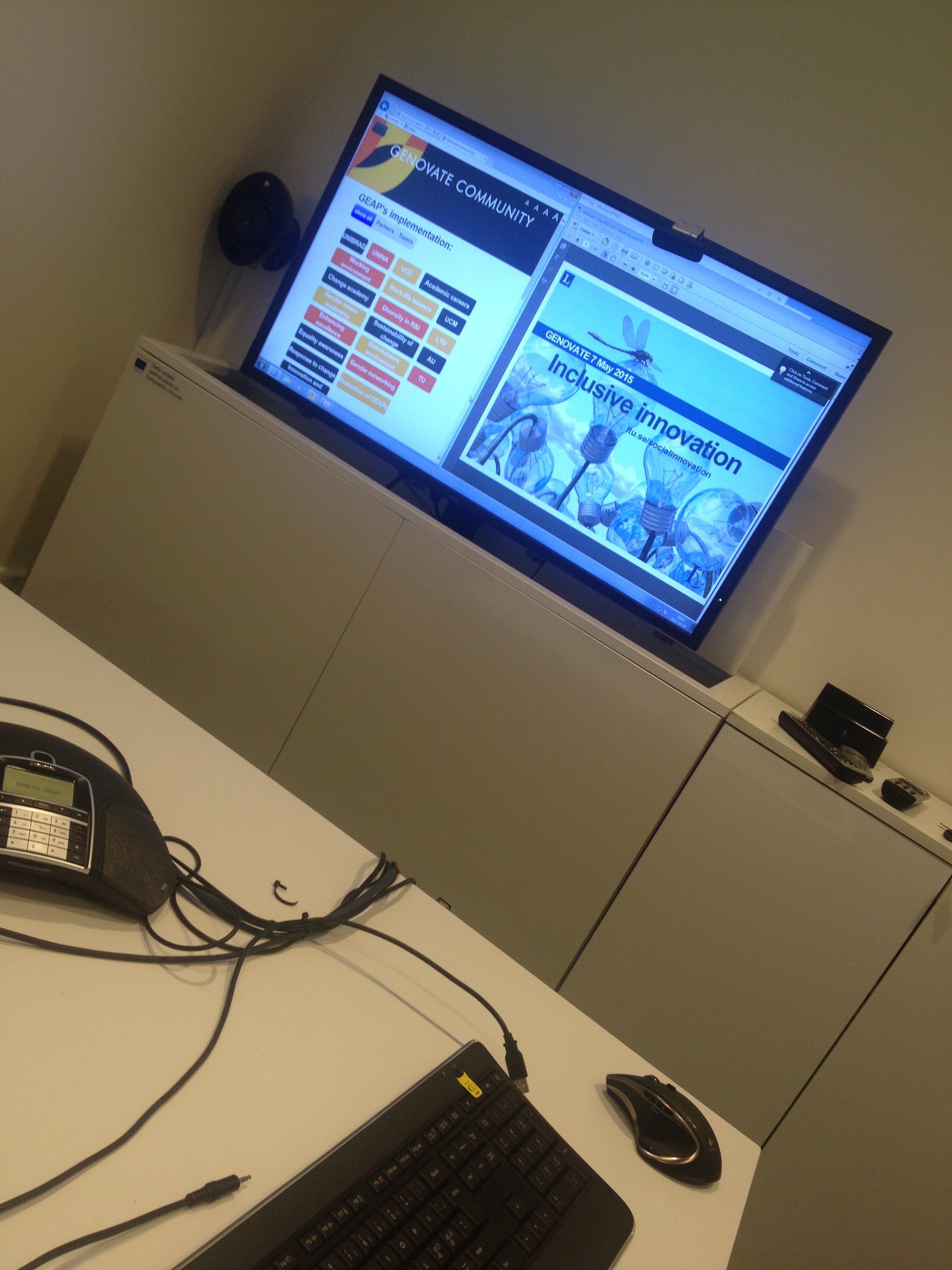

Embedding gender approach in a new H2020 proposal on ICT-enabled open government. The project consortium is a collaboration between Finland, Sweden, France and Spain. At Luleå University of Technology we continue building partnerships between Enabling ICT and Health Sciences by joining this project partnership.
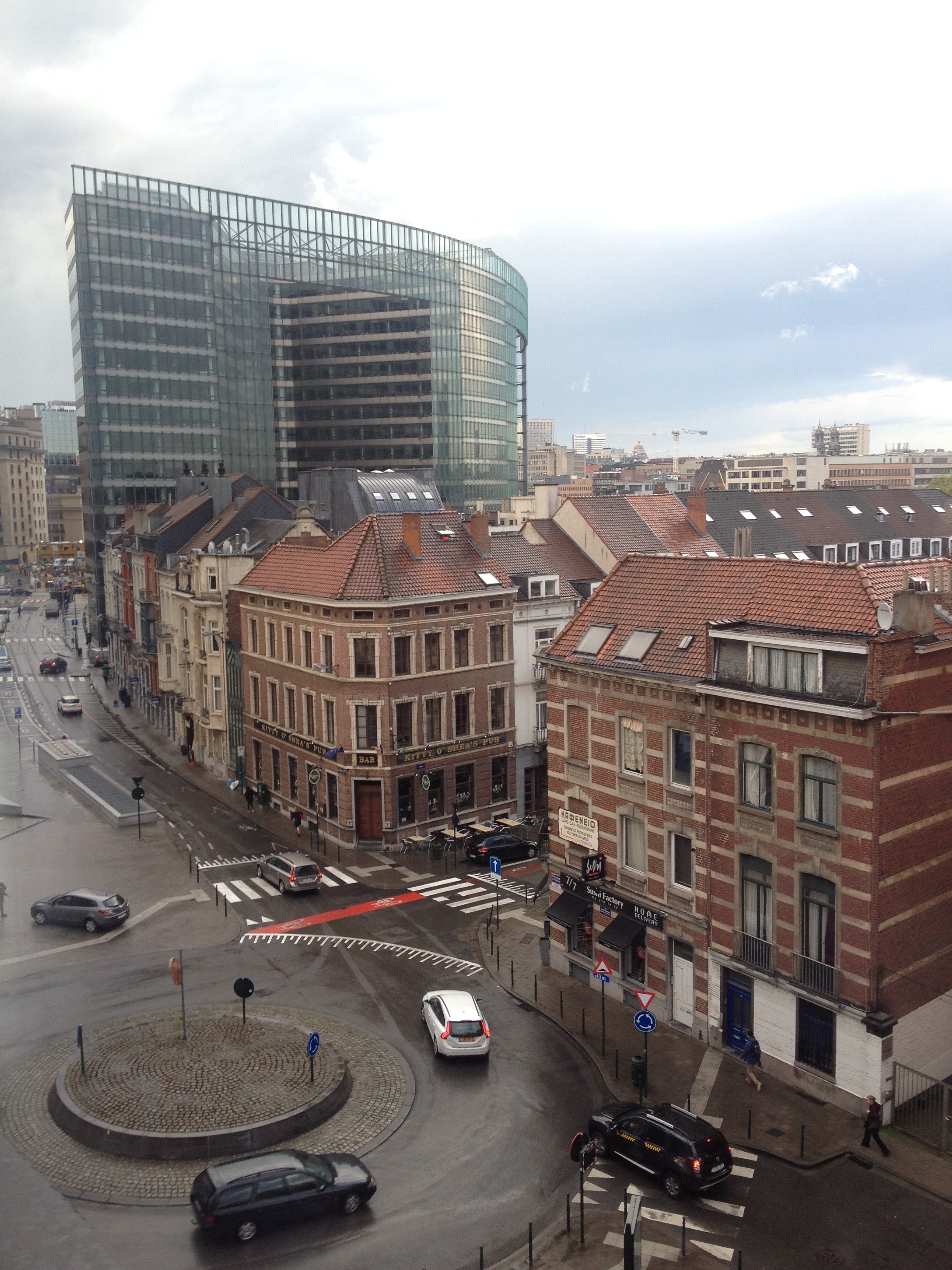
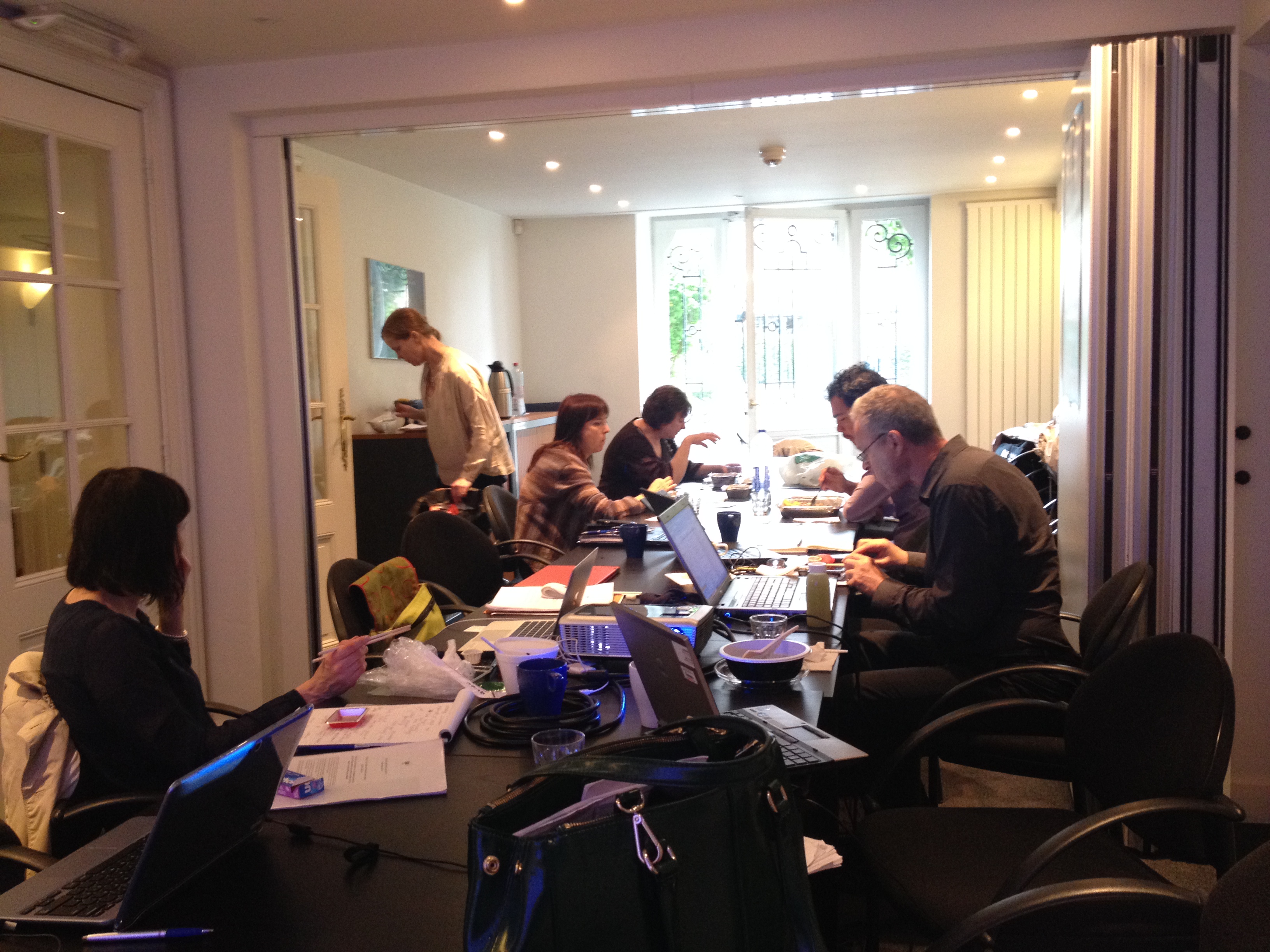

OPTi, a new LTU H2020 project, has a three-day kick-off meeting in Luleå April 21-23, 2015. OPTi will contribute to next-generation District Heating & Cooling systems. In order to strengthen innovativeness of the project and create competitive advantage OPTi aims to mainstream gender in selected, relevant project activities.
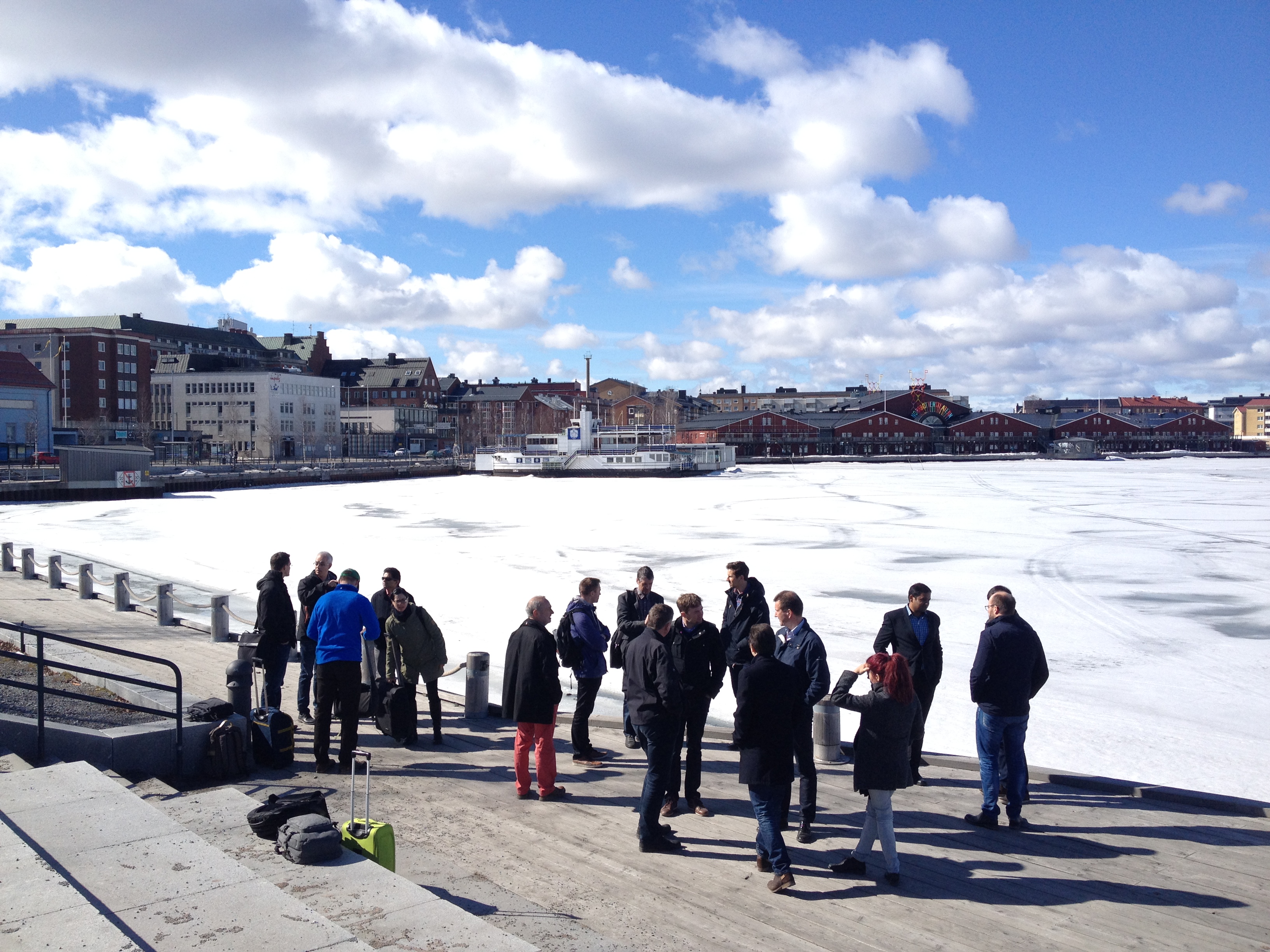
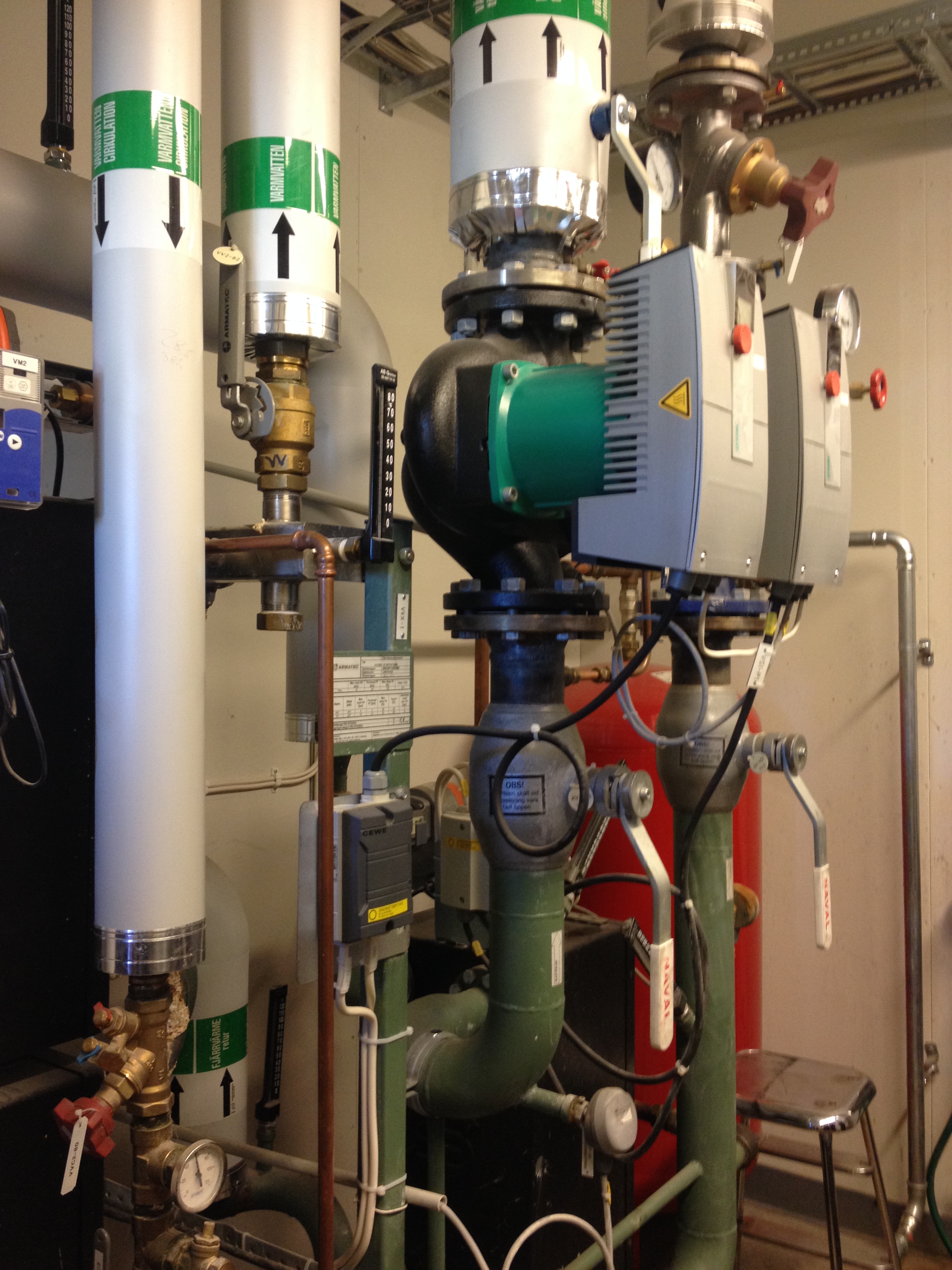
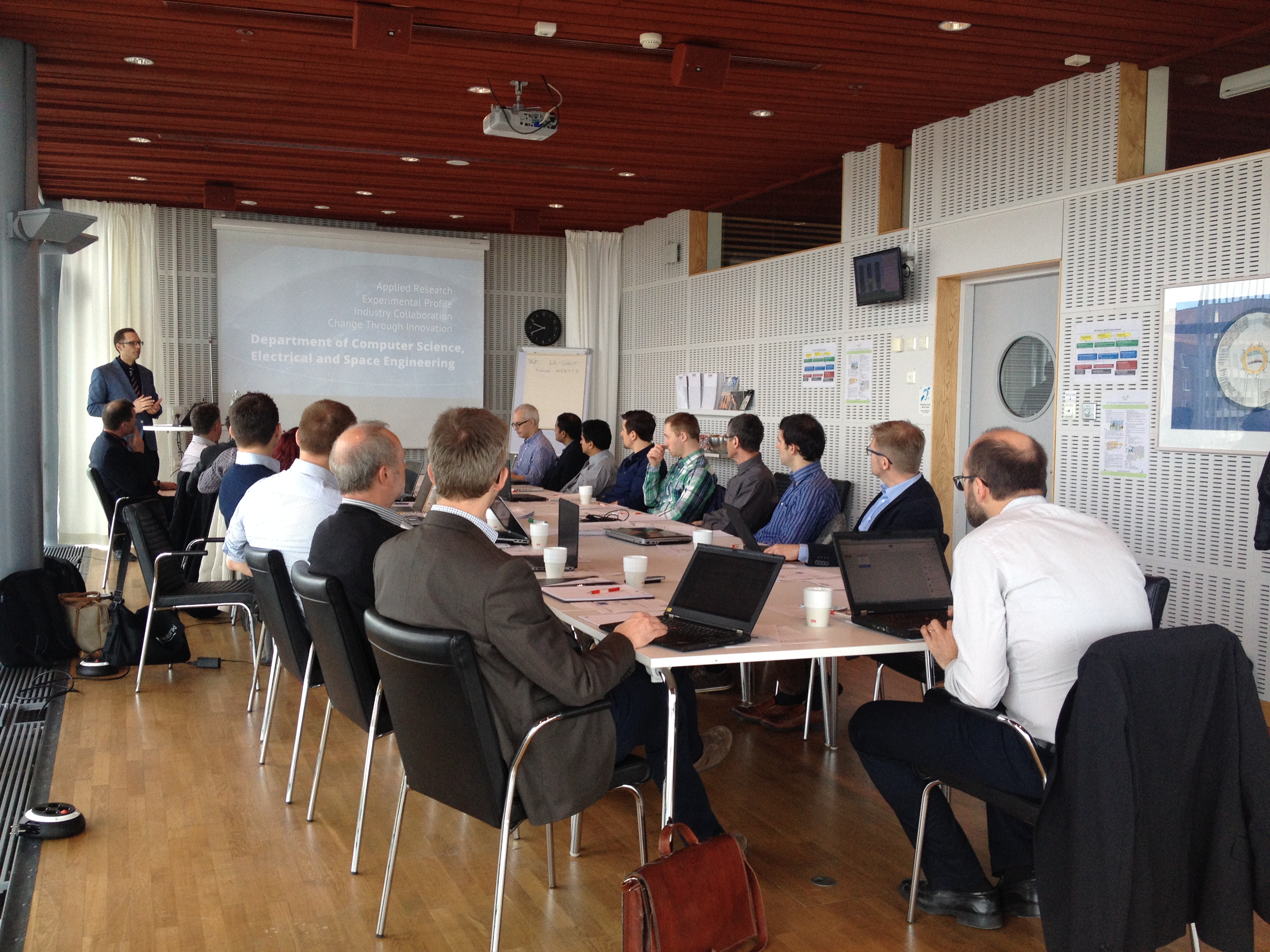
Powered by Multicategories for Joomla!2.5